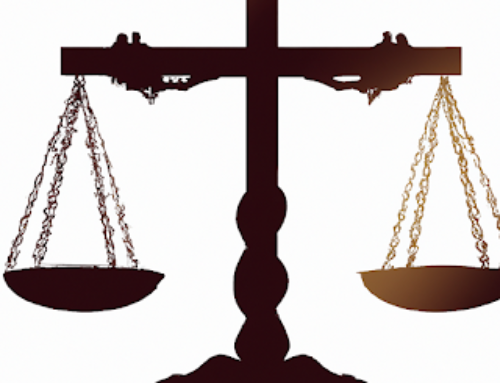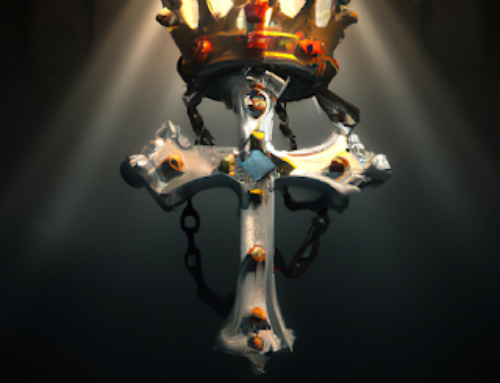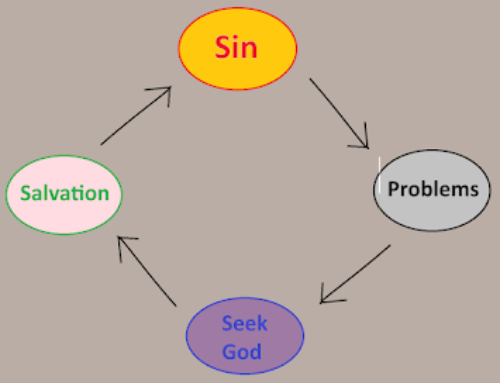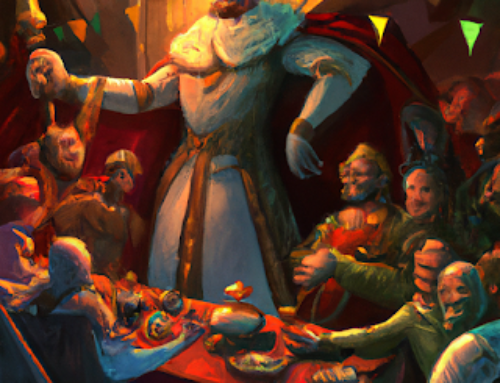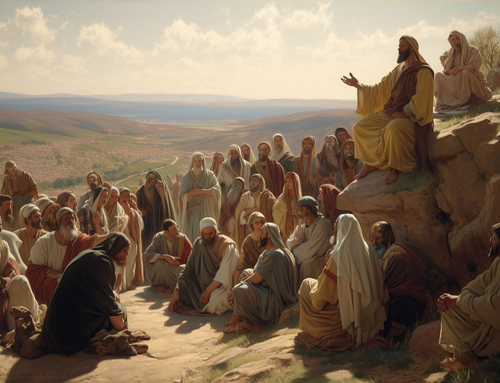Prophets and prophecies are seen throughout the Bible. Prophets were typically tasked with bringing the Word of God to the people either by delivering what God spoke directly to them like in the case of Moses or through interpretation of dreams and prophecies similar to what Joseph did when he was in Egypt.
Several books in the Old Testament are dedicated largely to prophecies and the prophets that delivered them. The Book of Isaiah is probably one of the more well-known examples, and Isaiah might be the best known of the prophets among Christians because of what his prophecies meant for Jesus’ coming.
Isaiah lived during the reigns of the kings of Judah: Uziah, Jotham, Ahaz, and Hezekiah. That time began with affluence and became tumultuous for God’s people because of their disobedience and rejection of God. Isaiah’s first mentioned vision addresses that state of affairs.
Hear me, you heavens! Listen, earth! For the Lord has spoken: “I reared children and brought them up, but they have rebelled against me. The ox knows its master, the donkey its owner’s manger, but Israel does not know, my people do not understand.” – Isaiah 1:2-3
Unfortunately, prophecies of this type were common. The Hebrews constantly turned away from God and resorted to lives of sin. The task fell to people like Isaiah to try and turn God’s people back to the right path, but at times that seemed to be an impossible mission.
The Book of Isaiah is filled with accounts of his visions that served to explain exactly why God was upset with the people. They ignored His commands. They consorted with outsiders in a way that God forbade. They worshiped false gods. Essentially, they were doing everything that God had told them not to do.
God did not just tell the people what they did wrong. He also warned them about what would happen if they did not change their ways.
Instead of fragrance there will be a stench; instead of a sash, a rope; instead of well-dressed hair, baldness; instead of fine clothing, sackcloth; instead of beauty, branding. Your men will fall by the sword, your warriors in battle. The gates of Zion will lament and mourn; destitute, she will sit on the ground. – Isaiah 3:24-25
What is most interesting about Isaiah and his prophecies are that they laid the foundation for the redemption of the Hebrews and humanity in general. Up to that point, the various books of the Bible make a good case for why humanity may have deserved destruction, but as much as people, the Hebrews in particular, angered God, He always had a plan to offer humanity salvation. Isaiah gives us a more complete view of God’s plan.
“Therefore the Lord Himself will give you a sign: Behold, a virgin will be with child and bear a son, and she will call His name Immanuel. – Isaiah 7:14
Isaiah told the people about Jesus well before he arrived. Isaiah set the stage for God’s plan to come to fruition. At the time, the people couldn’t really understand what Isaiah was telling them. They could tell that God was using Isaiah to deliver a message of hope in the midst of all the visions born from God’s wrath. Still, it must have been difficult for them to truly realize the impact of what Isaiah was telling them. Even now, with the extra knowledge we have, many of us don’t really grasp what God had planned and what he delivered. However, we do have the benefit of getting to see some of God’s plan as it unfolded.
Jesus didn’t come from nowhere. He didn’t just descend to the Earth on a whim. God knew from the start that sending his Son to the Earth was necessary to save humanity, and he used prophets like Isaiah to leave the breadcrumbs that we can now follow to find the truth.
Isaiah didn’t just deliver a prophecy about Jesus’ birth. He also spoke of Jesus’ return and what that would mean for the world. That’s especially important for us because from our standpoint, it’s a prophecy that remains to be fulfilled.
For a child will be born to us, a son will be given to us; And the government will rest on His shoulders; And His name will be called Wonderful Counselor, Mighty God, Eternal Father, Prince of Peace. There will be no end to the increase of His government or of peace, On the throne of David and over his kingdom, To establish it and to uphold it with justice and righteousness From then on and forevermore. The zeal of the LORD of hosts will accomplish this. – Isaiah 9:6-7
The prophets like Isaiah were put in an interesting conundrum. They had visions and received instructions from God. They held commissions among God’s people and those people generally accepted that the prophets were delivering God’s Word. Still, nothing substantively changed. The people resisted and continued to do wrong. The prophets must have, at times, felt like their actions were futile. Some of us probably feel the same way as we do what we can to spread the Gospel. The prophets continued to fulfill their roles even in the midst of resistance from the people, and we should follow their examples.
They may have been delivering the messages that God wanted the people to receive, but even prophets like Isaiah did not know God’s whole plan. They also couldn’t have conceived of the possibility that the prophecies they delivered may not have been meant solely for the people of their age.
Here we are thousands of years after these prophecies were delivered, and we are able to read them and understand them in a way that the people at the time of the prophets couldn’t. We now know who Jesus was and still is. We know what God wants from us and for us. We have the Gospels that spell all that out, and thanks to people like Isaiah we have the previews to those Gospels that help us understand why Jesus’ coming was necessary. God is an expert planner, and as we read the Bible, we should take the time to appreciate just how much thought and effort he dedicated to our salvation.

